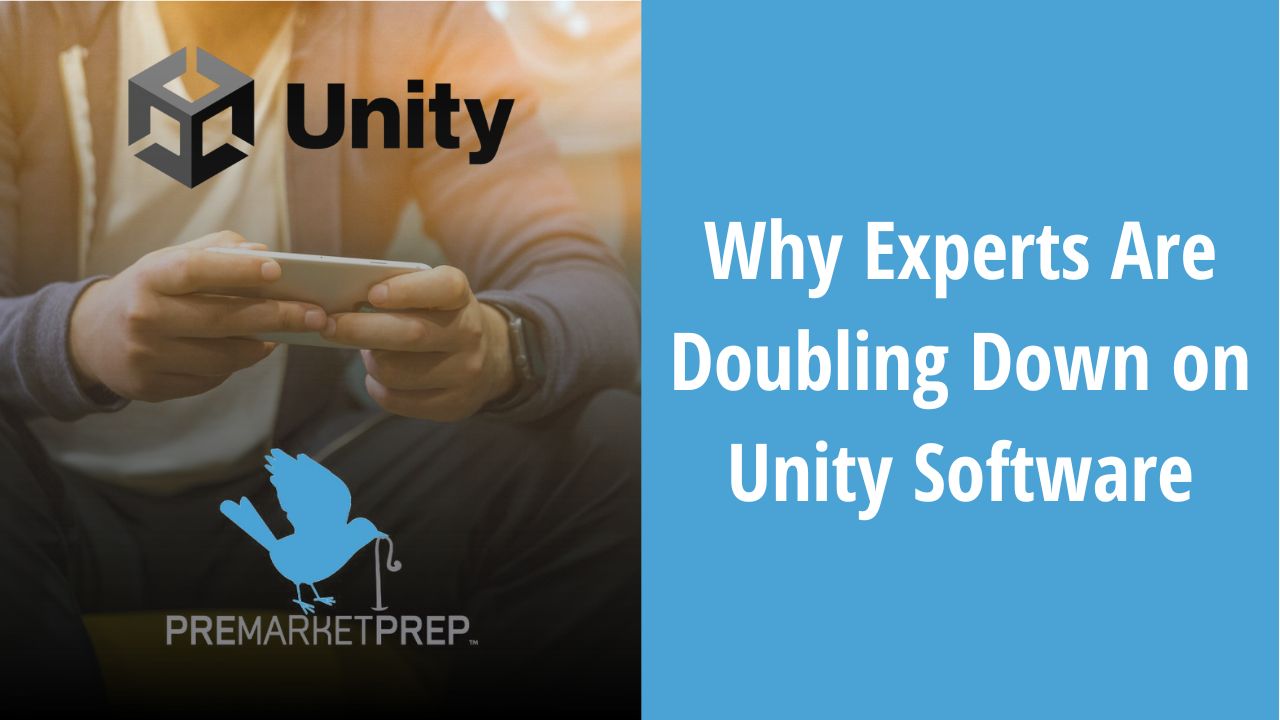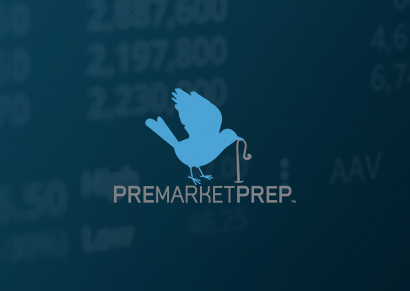Unity Software (NYSE: U), a leading player in the gaming industry, received a reiteration of an “Outperform” rating from Wedbush Securities’ Michael Pachter. Pachter was interviewed on The Closing Print show, as seen below, and shared his thoughts on the current state Unity. The outperform is maintained amid new announcements from the company concerning its monetization strategies. The following will provide an in-depth analysis of this reiteration, including the company’s new business model, its impact on earnings, and its competitive position in the mobile advertising landscape.
Background: Unity’s Dual Business Model
Unity Software started as a game engine company, offering an easy-to-use platform for both amateurs and professionals to create games. Over the years, it has diversified its offerings to include marketing and advertising tech. This pivot came from recognizing that game companies need to both acquire and monetize users, and Unity’s engine presented an ideal platform for ad delivery. This allows ads to be displayed seamlessly within the games, providing a more unobtrusive experience for users. This strategy has paid off significantly, making Unity’s ad tech business very profitable.
EBITDA Growth Expectations
Unity has ambitious financial goals, aiming to reach a billion-dollar EBITDA run rate by Q4 of 2024. The company plans to grow its adjusted EBITDA from about $340 million this year to $1 billion by the fourth quarter of the next year. This has attracted skepticism from analysts, but the company recently unveiled a new monetization strategy, aimed at achieving these financial milestones.
The New Monetization Strategy: Runtime Fees
Unity announced a new “runtime fee,” a charge based on the installation of games created with its engine. The fee varies from a penny to 20 cents, depending on the developer’s userbase and Unity subscription tier. This announcement sparked a backlash from the development community, some of whom have enjoyed Unity’s services for free until now. Update: as of writing this article (Sep 18), Unity has announced upcoming changes to the Runtime Fees, following community backlash.
However, this fee has a twofold impact on Unity’s financials:
- Direct Revenue from Fees: By conservative estimates, Unity could make an additional $80 million per year from these fees, with essentially no associated cost, boosting its EBITDA directly.
- Inducing Subscription Upgrades: The new fee is also expected to push more developers towards Unity’s paid plans, generating additional subscription revenue.
This double-barreled approach could add approximately $180 million or more annually to Unity’s EBITDA, according to Pachter.
The Competitive Landscape: Unity vs. Epic Unreal Engine
Unity faces competition mainly from Epic’s Unreal Engine. However, Unreal Engine charges 5% of revenue, which becomes significantly costly for high-revenue games. For instance, a game like ‘Empires and Puzzles’ by Zynga, which makes in the neighborhood of $500 million in revenue per month, would incur a cost of $25 million if it switched to Unreal Engine. In contrast, the same game would only have to pay $100,000 in runtime fees to Unity. This competitive pricing sets Unity apart and is likely to keep most of its customer base intact.
Unity’s Role in the Mobile Game Advertising Ecosystem
Unity’s ad tech business is already a direct competitor to AppLovin, another major player in mobile advertising. With Facebook and Google losing their edge in mobile ad delivery when taking into account games, Unity and AppLovin are well-positioned to capture a significant share of the ~$30 billion spent on mobile game advertising.
Investor Takeaways
The reiteration of an “Outperform” rating on Unity Software by Wedbush Securities comes at a time when the company is making strategic shifts to solidify its revenue streams. While there may be short-term backlash from the development community, the long-term prospects look promising. Unity’s competitive pricing and strong position in the mobile ad tech business make it a compelling investment opportunity. Moreover, its new monetization strategies could significantly boost its EBITDA, justifying the bullish outlook.




